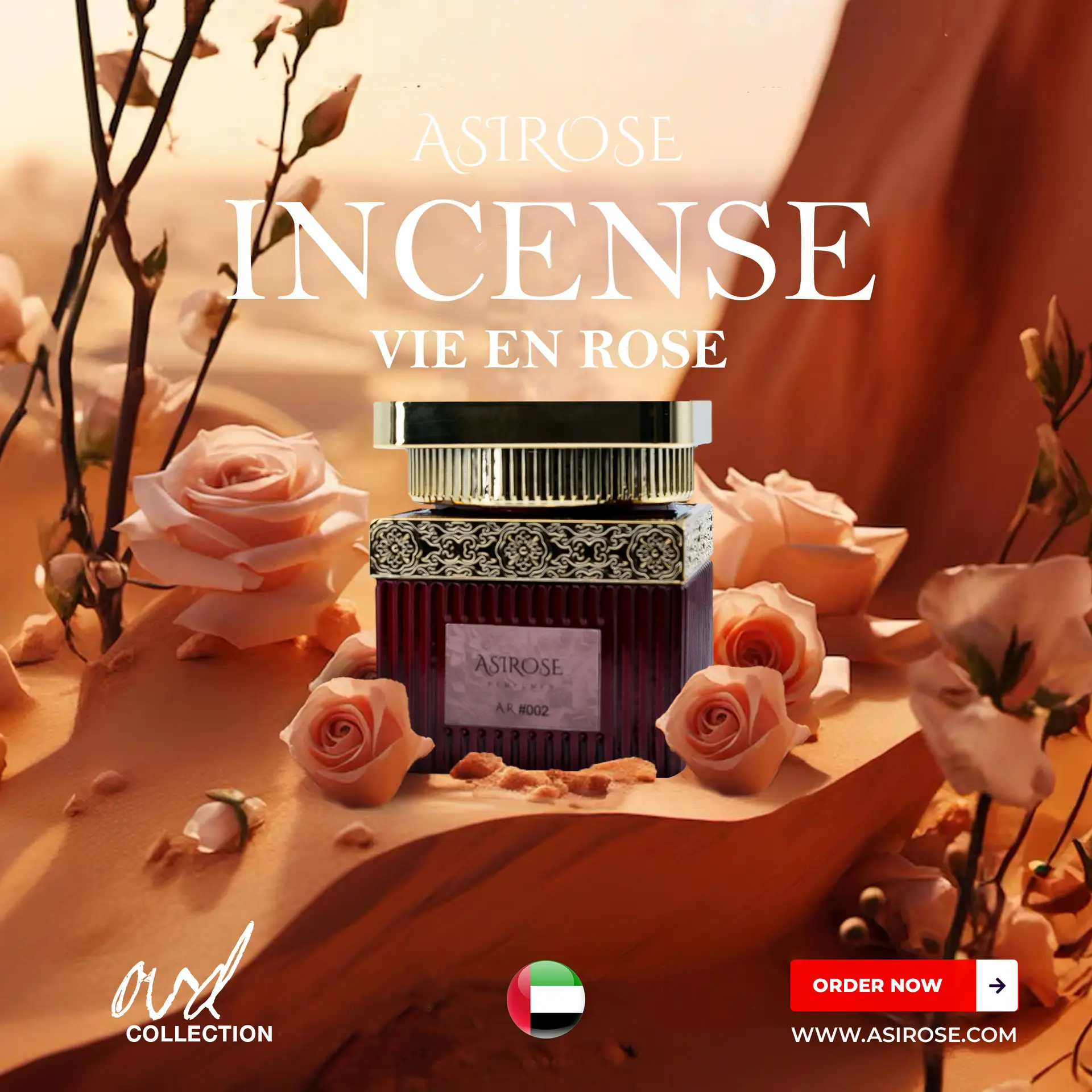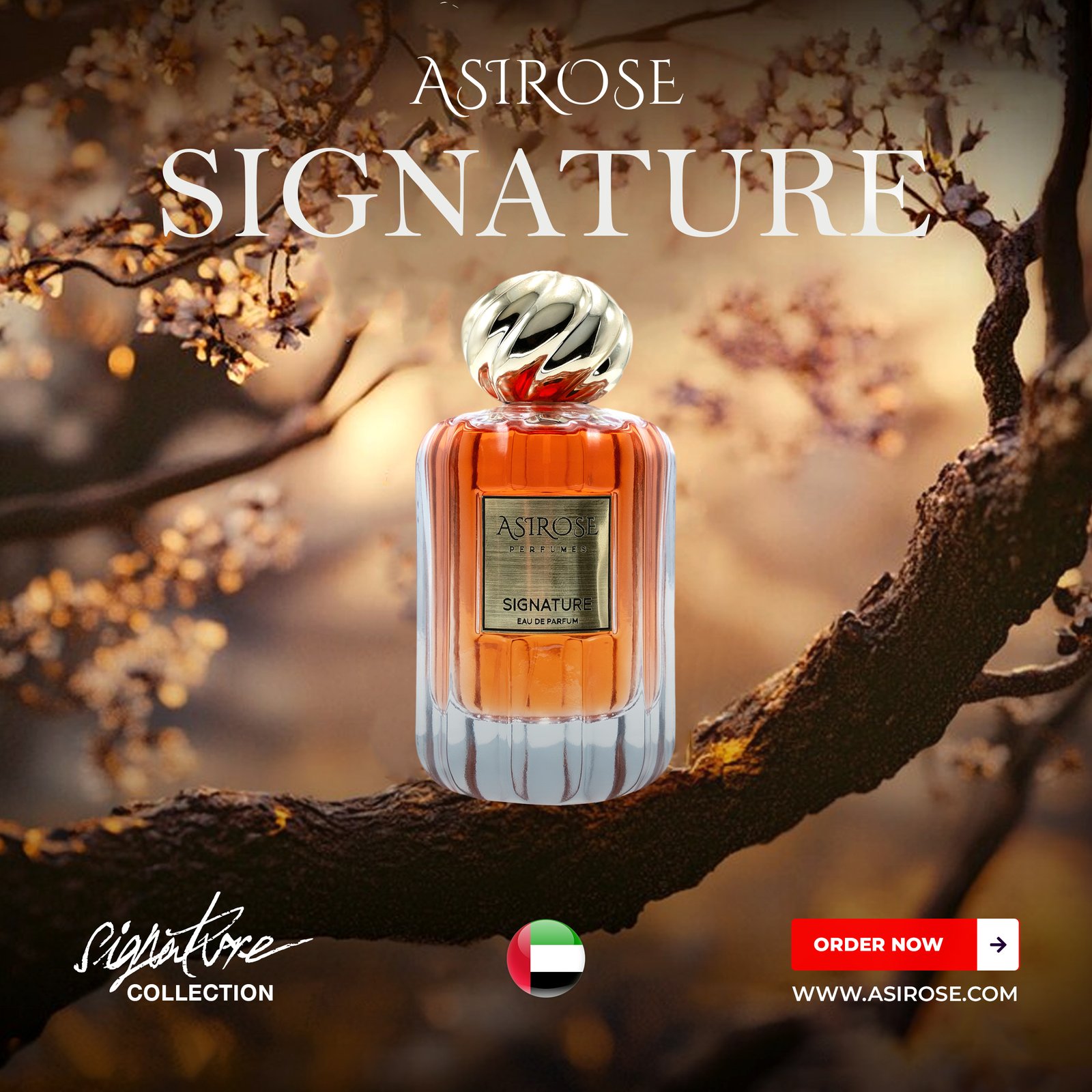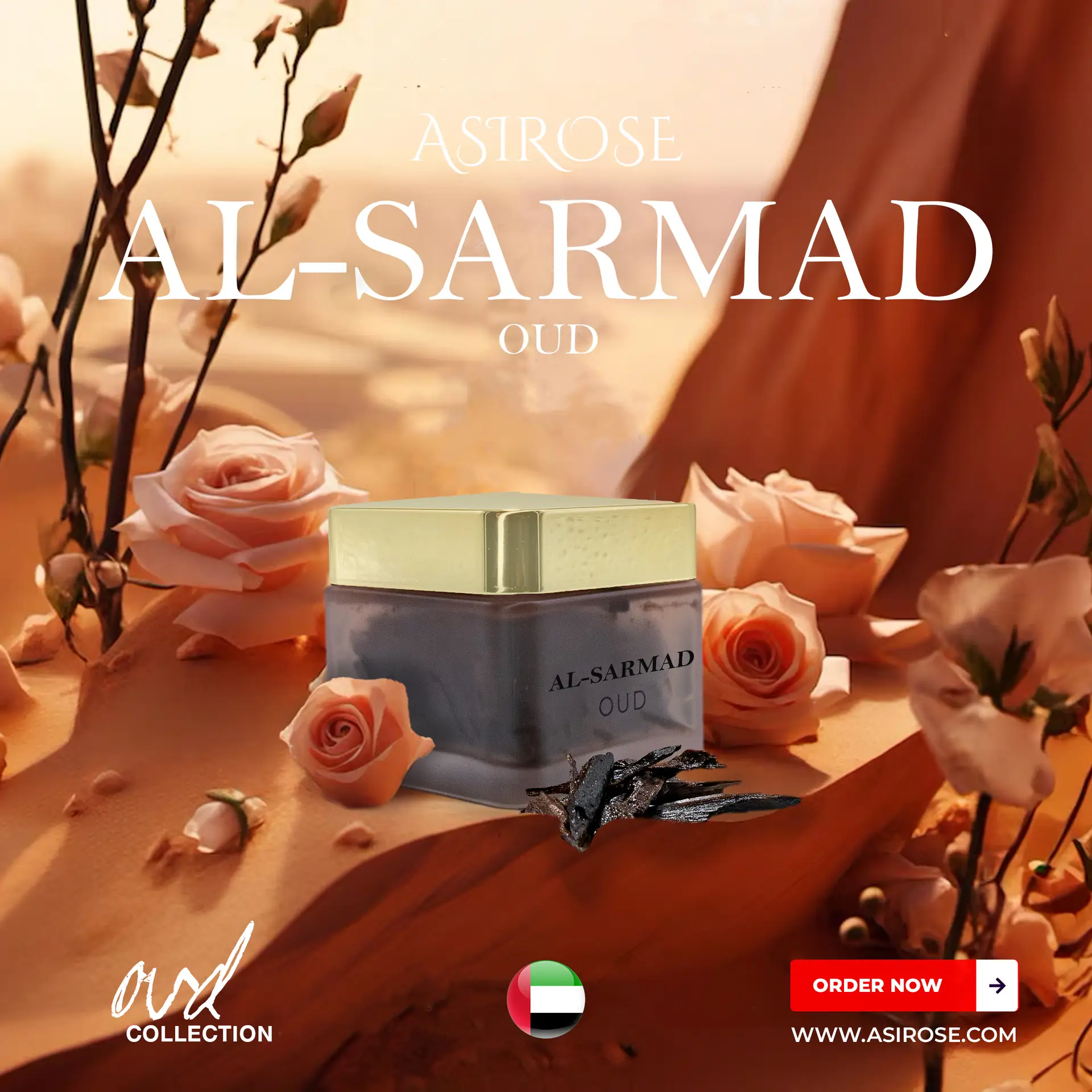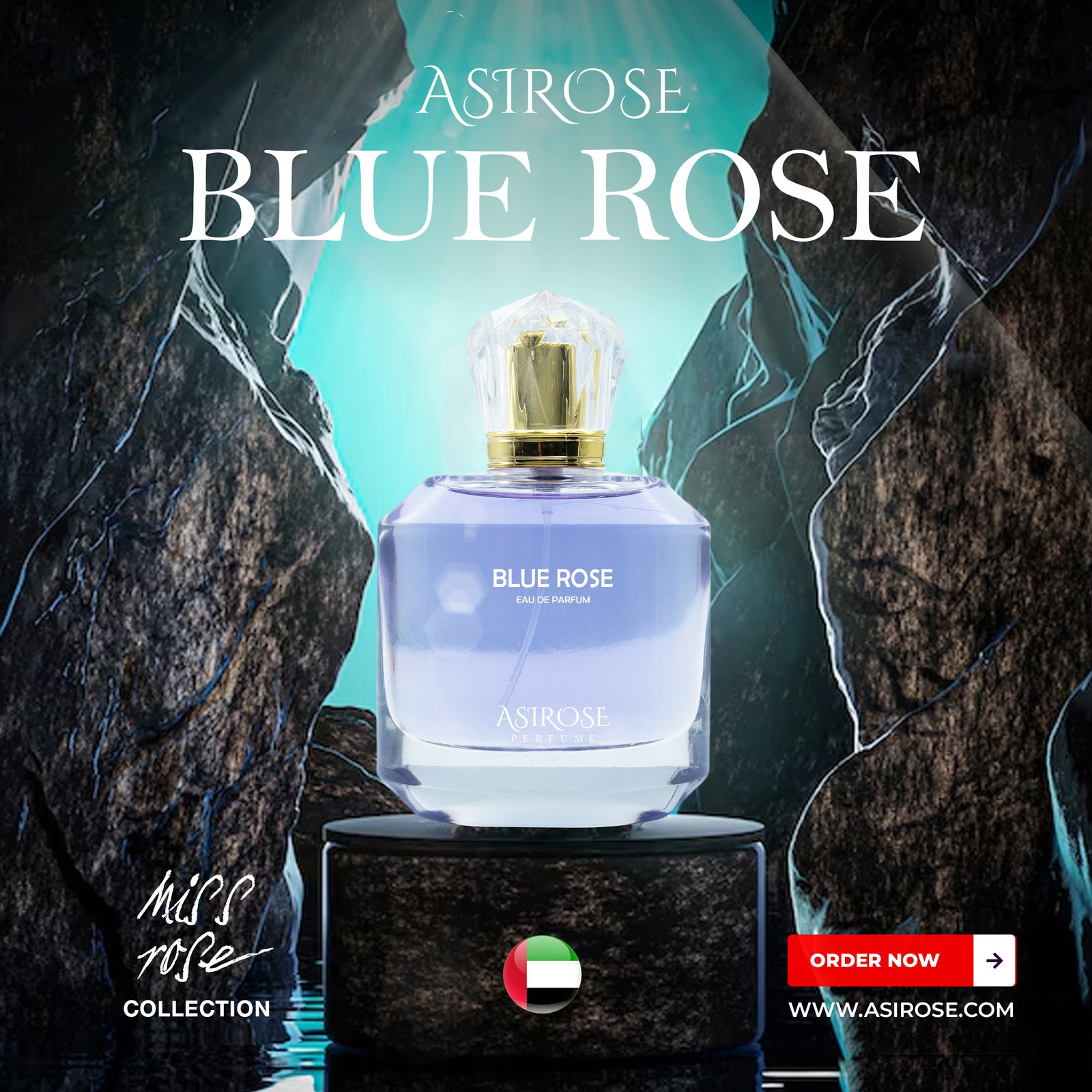
Perfume in Ancient Egypt: Scents of the Pharaohs
The civilization of Ancient Egypt is renowned for its grandeur, mysticism, and deep connection to the afterlife. Among the many treasures left behind by the Pharaohs, one of the most captivating is their love for perfume. Far more than a luxury, perfume in ancient Egypt was a symbol of divinity, purity, and power—woven into the fabric of religious rituals, royal identity, and everyday life.
Divine Fragrance: Perfume as a Sacred Offering
In the spiritual heart of Egypt, scent was considered the breath of the gods. Temples were filled with the smoke of incense and aromatic resins that were burned daily as offerings. Perfume was not only a sensory delight but a sacred element used to honor deities like Ra, Isis, and Hathor. Priests would anoint statues with perfumed oils and purify themselves with fragrant substances before conducting rituals.
Egyptians believed that gods and goddesses had a natural scent—a divine fragrance that mortals could mimic through perfume. Thus, wearing perfume was an act of spiritual devotion, bringing the wearer closer to the divine.
Royal Scents: Perfume in the Court of the Pharaohs
Perfume was an essential part of royal life. Pharaohs and queens were anointed with scented oils during important ceremonies such as coronations, weddings, and funerals. The famous Queen Cleopatra VII is said to have used perfume not only for beauty but as a tool of seduction and diplomacy. Legend holds that she scented the sails of her ships so that the wind carried her fragrance long before her arrival.
Perfume signified wealth, sophistication, and immortality, and was often buried with royalty to accompany them into the afterlife. Tombs, including that of Tutankhamun, have revealed perfume jars still carrying traces of their original scents—preserved for thousands of years.
Ingredients and Craftsmanship
Egyptian perfumers, known as “noses,” were skilled artisans who blended exotic and local ingredients with remarkable precision. Common ingredients included:
Myrrh: Used for embalming and incense.
Frankincense: A resin burned in temples and used in perfumed oils.
Lotus flower: A symbol of rebirth and divine beauty.
Cinnamon, cardamom, and sweet flag: Imported via trade routes.
These ingredients were often combined with carrier oils, such as moringa or castor oil, and infused over weeks or months to extract fragrance. Perfumers used techniques like maceration, boiling, and infusion to create their aromatic masterpieces.
One of the most famous Egyptian perfumes was Kyphi—a complex blend of up to 16 ingredients, used in religious ceremonies and as a nighttime remedy. Recipes for Kyphi were inscribed on temple walls, reflecting its importance in both ritual and medicine.
Perfume and the Afterlife
In Egyptian funerary practices, perfume played a vital role. The process of mummification involved perfumed resins and oils to preserve the body and purify the soul. Tomb paintings and texts frequently depict scenes of the deceased being anointed with oils as part of their preparation for eternity.
Perfume was seen as a symbol of eternal beauty and divinity, ensuring that the dead were pleasing to the gods in the afterlife.
Enduring Legacy
The perfume traditions of Ancient Egypt influenced neighboring cultures, including the Greeks, Romans, and Arabs, who expanded and preserved Egyptian formulas. Through trade, conquest, and cultural exchange, Egypt’s fragrant legacy spread across the ancient world—and echoes today in modern perfumery.
From sacred temples to royal courts, from the hands of high priests to the tombs of kings, perfume in Ancient Egypt was more than scent—it was identity, power, and immortality in a bottle. In every drop of oil and puff of incense, the Egyptians captured the essence of the divine and the eternal.

The scent is always unique to you!






